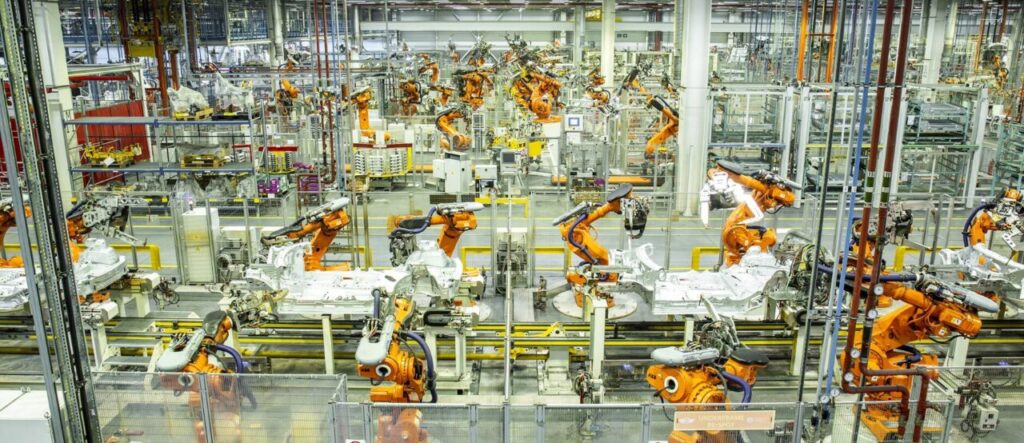Vishay Intertechnology, an American semiconductor manufacturer, will invest £250 million to strengthen the South Wales Compound Semiconductor Cluster.
UK chancellor Rachel Reeves welcomed the investment on 27 March, visiting Vishay Intertechnology’s Newport plant, which is the largest semiconductor facility in the UK.
The £250 million investment contributes to plans to develop large-scale compound semiconductor manufacturing in Wales, boosting production at the factory where Vishay will make advanced silicon carbide semiconductors, an integral part of EV production. The semiconductors support faster battery charging.
Vishay acquired the Newport Wafer Fab factory in March 2024, which at the time it said was “one of the few semiconductor plants which has the potential to grow”.
Mike Hawes, chief executive of the Society of Motor Manufacturers and Traders (SMMT), commented that the “significant investment” in compound semiconductors will support the transition taking place amongst UK automotive manufacturers.
According to the UK government, Vishay’s investment will directly support over 500 high-skilled jobs in the region. Reeves called it “exactly the type of investment that will help us grow the economy”, speaking on the back of her spring statement.
Supporting the UK’s industrial strategy, domestic semiconductor supply will benefit the renewable energy and defence sectors, according to the government. The investment is supported by the government’s automotive transformation fund (ATF), which is delivered in partnership with the Advanced Propulsion Centre (APC).
In September, the APC awarded £88 million of joint government and industry investment to 46 projects focusing on zero emissions vehicle (ZEV) technologies. To date, the ATF and APC funding programmes have leveraged over £6 billion of investment from the private sector.
Car manufacturers continue call for government support
While Hawes was positive about the semiconductor manufacturing investment, SMMT figures show domestic car manufacturing continued its decline.
During February, UK production of battery electric, plug-in hybrid and hybrid cars also fell, but still upped their market share to 37.1%, compared to the 36.3% share recorded in February 2023.
SMMT said the overall market performance reflects challenges facing the automotive sector globally, adding that measures are ‘urgently’ needed to bolster the UK’s competitiveness and drive consumer demand.
The trade body called the spring statement delivered by Reeves a “missed opportunity”, offering no support for industry or consumers amid the transition to electrified transport.
SMMT also said the £2 billion promised by government via the ATF should be rolled out immediately.
The EV industry and carmakers alike have also criticised the inclusion of electric cars, from April this year, in the ‘luxury car tax’, an additional fee levied on cars that cost more than £40,000 new.
Hawes commented: “These are worrying times for UK vehicle makers with car production falling for 12 months in a row, rising trade tensions and weak demand.
“It was disappointing, therefore, to hear a spring statement that did nothing to alleviate the pressure on manufacturers and, moreover, confirms the introduction next month of additional fiscal measures which will actually dissuade consumers from investing.”






